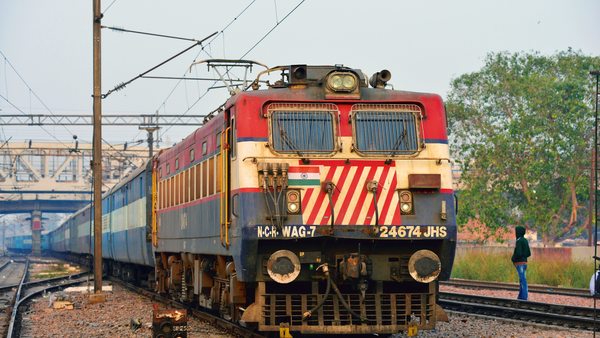New Delhi: Determined to increase its earnings, the Indian Railways is mulling implementing a ‘give it up’ scheme asking passengers to sacrifice the subsidy on train tickets.
A senior Railway Ministry official aware of the development said: “The railways has submitted a 100-day plan to the Prime Minister’s Office (PMO) to increase the earnings.”
The official said the Indian Railways recovers only 53 per cent of the cost of a ticket from a passenger, which puts additional pressure on the network in terms of earnings.
The remaining 47 per cent is given as subsidy to the passengers.
The official said the idea was to urge passengers to give up the subsidy on the train tickets — like people were given the option of renouncing the subsidy on liquified petroleum gas (LPG) cylinders.
The passengers will have the option of buying the train ticket with or without subsidy.
Those who give up subsidy will end up paying more for their journey.
According to the official, the Centre for Railway Information Systems (CRIS) will make the required changes in the Indian Railway Catering and Tourism Corp website to offer the option of purchasing the ticket with or without subsidy.
According to the source, the railways earns about Rs 50,000 crore by selling tickets.
“We have put a target of earning about Rs 56,000 in 2019-20, and through the ‘give it up’ scheme this can be achieved,” he said.
The railways will advertise aggressively on different media platforms asking people to forego their subsidies on train tickets.
The official said that former Railway Minister Suresh Prabhu had explored the idea but dropped it due to opposition from several quarters.
The official said that as the proposal prepared by the Railway Board was with the PMO, it will be converted into reality by the end of August this year.
Prime Minister Narendra Modi, after coming to power in 2014, urged people to sacrifice their subsidy on LPG cylinders.
Following his appeal, over 1.25 crore people responded positively. The Railways now wants to copy the success story.
IANS
